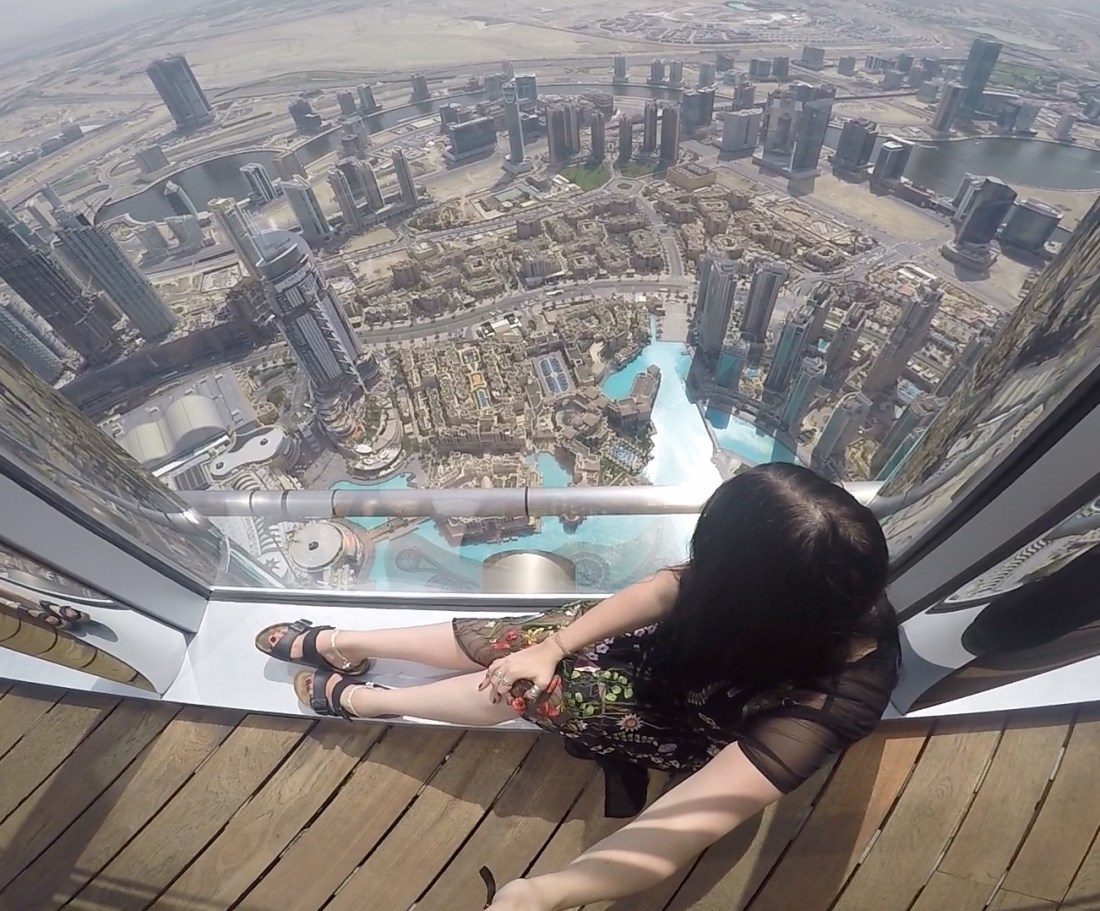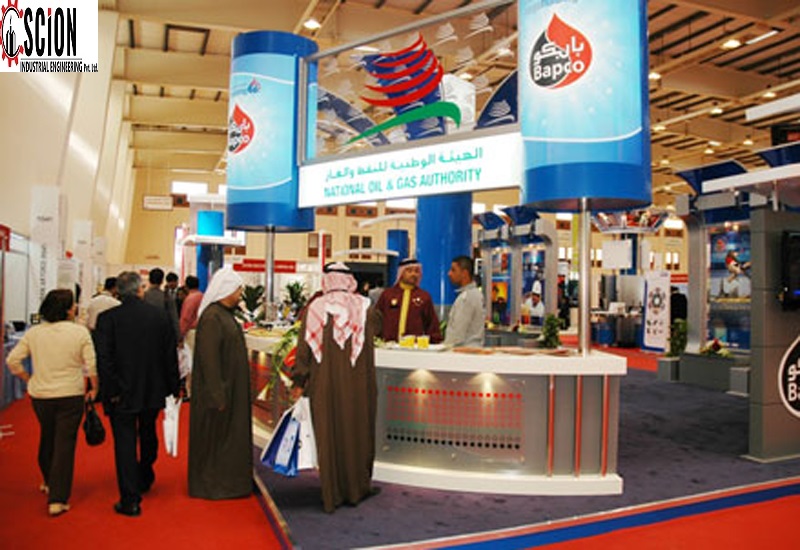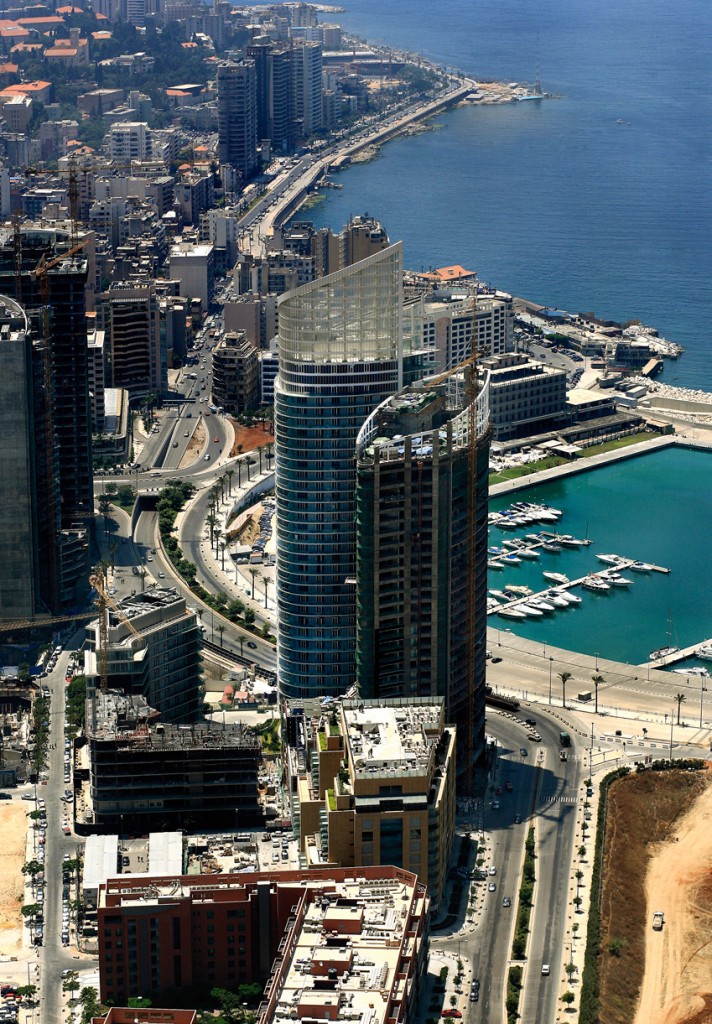Winter is historically an ominous time for relations between the world’s only remaining super power and the world’s biggest Shia republic. The remaining days of 2020 and the snowy months of early 2021 are turning out to be no different.
The assassination of Iran’s nuclear scientist Mohsen Fakhrizadeh on November 27, ensured that the chill winds blowing between Tehran and Washington will not abate. It has hindered the status quo ante in the Joint Comprehensive Plan of Action (JCPOA), better known as the Iran nuclear deal. Fakhrizadeh’s murder has set back a return by the United States to the nuclear deal even before President-elect Joe Biden has had time to seriously consider it.
The repeated winter chill in Iran-United States relations goes back to November 1952 when Dwight D Eisenhower was elected US President and British Prime Minister Winston Churchill persuaded the incoming US administration to collaborate in overthrowing Iran’s populist, anti-colonial Prime Minister Mohammad Mosaddegh.
That disastrous mistake led to a succession of events which culminated in the triumphant return from exile of Ayatollah Khomeini to Tehran in wintry February 1979 and the establishment of the Islamic Republic shortly thereafter. In the late winter of 1979, US diplomats in Tehran were seized as hostages and in the cold January of 1981, after a US election in which Islamic Iran was a central issue, Ronald Reagan was sworn in as the 40th US President. Iran released the hostages 20 minutes after Reagan’s inauguration.
There are many more winters’ tales about Iran and the US, but unlike William Shakespeare’s romantic comedy, none of them are either comic or romantic.
Tehran will be equally unforgiving with some European countries which joined Trump’s coalition of the willing to act against Iran in the last nearly three years. Greatly complicating any Biden effort to give new life to the nuclear deal will be an unknown in Iranian politics five months after Biden assumes office.
President Hassan Rouhani is term-limited and cannot run for re-election. Many names are speculated in Tehran as his successor, but if a hardliner is elected, the result will throw up more questions than answers about the future of Iran’s nuclear programme. That has the potential to be Biden’s biggest foreign policy challenge in his first year.
The other challenge Biden will face is a new arrangement against Tehran, which has emerged at Iran’s doorstep, even if it may be informal as a coalition for now: Israel, Saudi Arabia, the United Arab Emirates and Bahrain, with the potential of an expanded bloc. In any future US dealings with Iran, this is a formidable group of friends, whom no one in Washington can ignore — neither the White House nor the US Congress.
If the US political map, now split down the middle, throws up a fragile Biden presidency, West Asia may well see the tail wagging the dog.
Source:https://www.moneycontrol.com/news/opinion/foreign-affairs-winter-has-come-on-us-iran-ties-6190431.html








